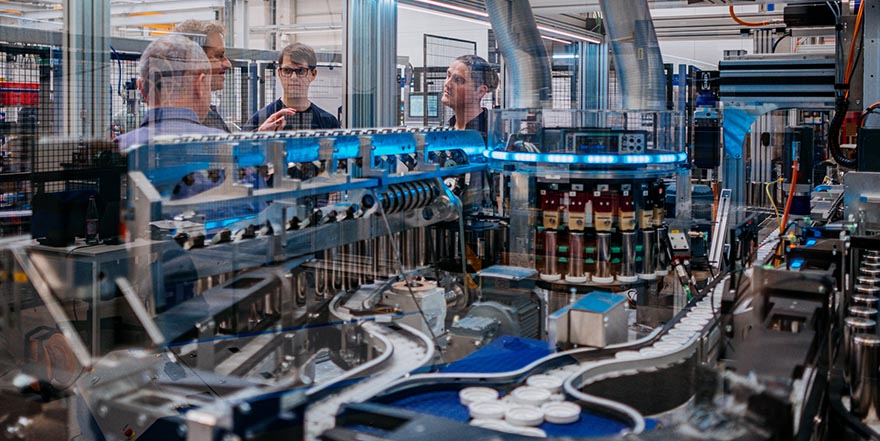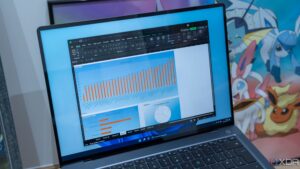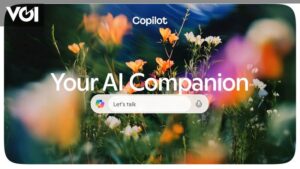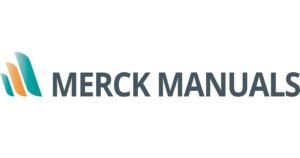Siemens and Microsoft Enhance the Scale of Industrial AI

Siemens and Microsoft Collaborate on Advanced Industrial Copilot Technology
Introduction to the Industrial Copilot
Siemens, in partnership with Microsoft, has enhanced the Siemens Industrial Copilot, making it more capable of managing complex industrial operations on a large scale. This new development leverages the unique expertise Siemens possesses in various industries, combined with Microsoft’s Azure OpenAI Service, to meet the tough demands of the manufacturing and automation sectors.
Adoption and Impact
Currently, over 100 companies in Europe and the U.S., including notable firms such as Schaeffler and thyssenkrupp Automation Engineering, are utilizing the Siemens Industrial Copilot. These organizations aim to improve operational efficiency, minimize downtime, and tackle the ongoing labor shortages in the industry. Over 120,000 engineers now have access to this advanced assistant, empowering them to enhance their skills in programming with generative AI.
Plans for Global Rollout by thyssenkrupp
Thyssenkrupp Automation Engineering is set to be the first company to globally implement the Copilot, starting in early 2025. With this initiative, they plan to integrate the technology across their entire product line. Siemens is leading the way in providing generative AI solutions for automation engineering, which are readily available through the Siemens Xcelerator open digital business platform.
Partnership Significance
Judson Althoff, Microsoft’s executive vice president, highlighted that this collaboration signifies a critical turning point in the industrial sector. The integration of AI into Siemens’ solutions offers cloud-based tools that simplify complex challenges, drive productivity, and enhance competitiveness in a swiftly evolving landscape.
Cedrik Neike, a Siemens board member, remarked that alongside Microsoft, they are advancing industrial AI, enabling customers to become more resilient, competitive, and sustainable. They cited thyssenkrupp Automation Engineering as an example of how companies can effectively use the Siemens Industrial Copilot, even in demanding environments.
Enhancements in Engineering Processes
Since the launch of the Siemens Industrial Copilot in July 2024, various sectors have started implementing this technology. Engineers can now create visualizations of panels in just 30 seconds and produce code requiring only 20% adaptation. This innovation streamlines workflows and diminishes manual labor, significantly addressing the scarcity of skilled workers. The chat feature allows users to obtain quick and accurate responses, simplifying information retrieval.
Revolutionizing Battery Quality Assurance
Thyssenkrupp Automation Engineering is a prime example of how the Siemens Industrial Copilot is transforming quality assurance in battery production. Their machines, designed for producing electric vehicle batteries and hydrogen assembly lines, utilize advanced technologies to monitor and evaluate battery cell quality throughout multiple stages of production. This is essential for ensuring the reliability of batteries, which is crucial for the energy transition.
The Siemens Industrial Copilot automates repetitive tasks, such as data management and sensor configuration, and handles essential reporting to meet high inspection standards. By streamlining these processes, engineers can concentrate on more complex, value-producing tasks, while real-time problem-solving minimizes production downtime.
Dr. Volkmar Dinstuhl, from thyssenkrupp AG, expressed confidence that the Copilot will significantly alleviate their workload and combat labor shortages and increasing complexities in battery testing.
Upcoming Events and Information
Siemens is set to provide more insights into the Siemens Industrial Copilot at the SPS expo taking place in Nuremberg, Germany, in November 2024.
For more information, interested parties can visit the official Siemens Industrial Copilot page and attend the SPS fair to learn about this groundbreaking technology and its applications in modern industrial environments.
By collaborating with industry leaders and advancing their technological capabilities, Siemens and Microsoft continue to drive innovation and efficiency in the rapidly changing landscape of industrial automation.






